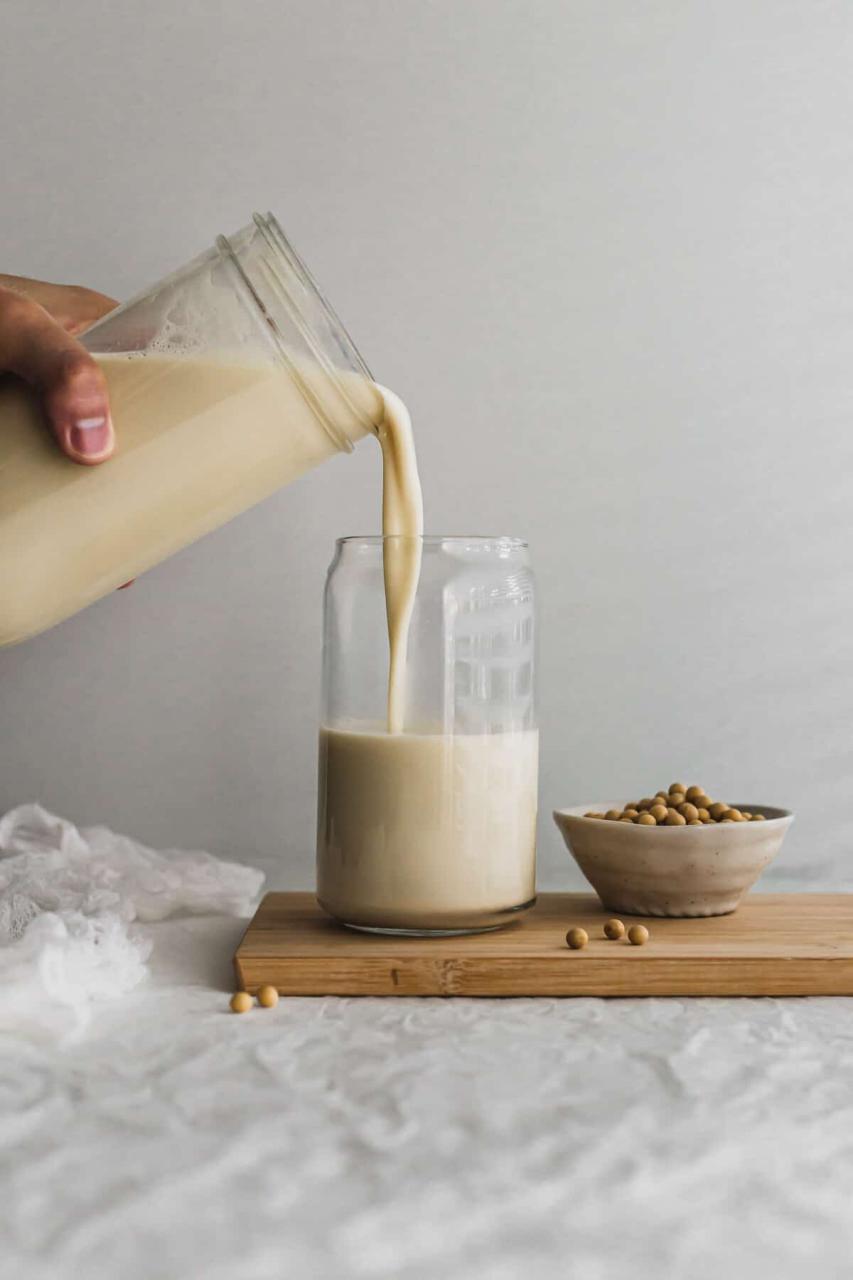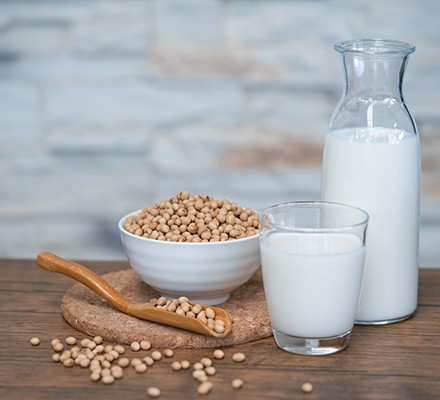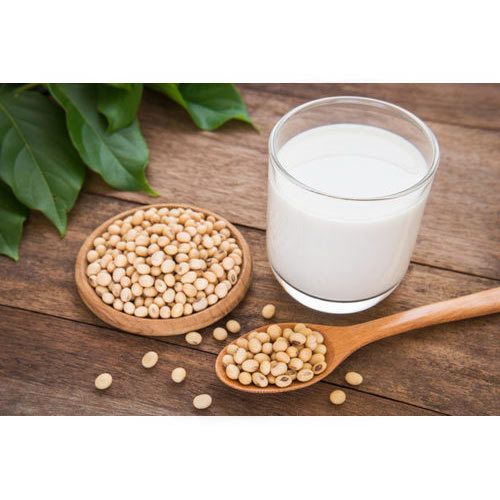All about soy milk in one place a popular dairy alternative in the west – has long been consumed as a traditional breakfast beverage in China, Japan and other parts of Asia. In many countries, people with lactose intolerance often choose soy milk, as do vegans and those who regard it as a healthier version of cow’s milk.
But the advertised benefits of soybean health raise some questions. Soy is a common food allergen and many brands of soy milk purchased from stores contain sugar, enhancers and other dubious additives.
What is Soy Milk?
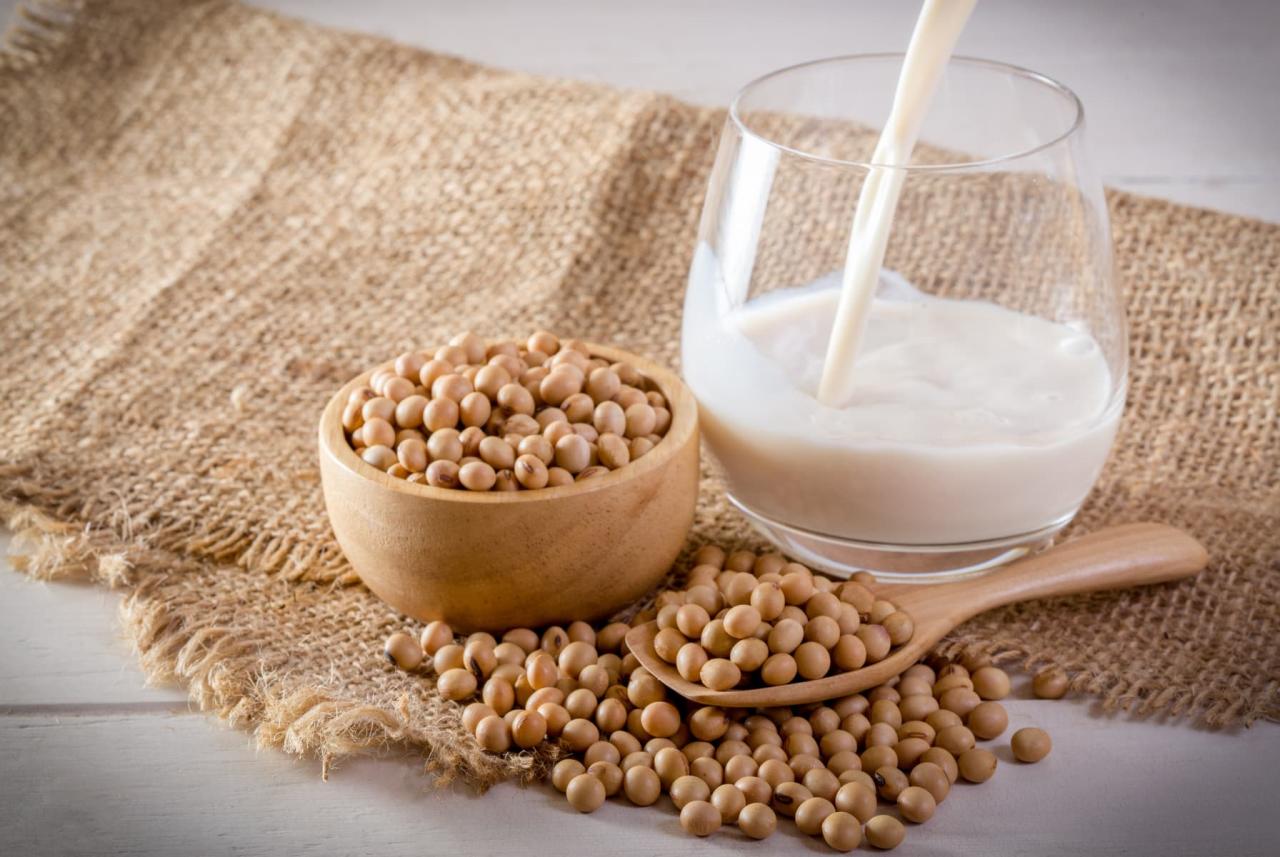
Soy milk is a plant-based beverage made from soybeans, which are legumes native to East Asia. The process of making soy milk involves soaking the beans, grinding them with water, and then filtering out the remaining particulates to produce a smooth, creamy liquid. This milk alternative has been a staple in Asian cuisines for centuries and has gained popularity worldwide, particularly among those who are lactose intolerant or following a vegan diet.
The nutritional profile of soy milk is one of its key attractions; it’s naturally rich in protein and can be fortified with vitamins and minerals such as calcium and vitamin D. It also contains isoflavones, which are phytochemicals that have been linked to various health benefits, though their effects are still a subject of ongoing research. Soy milk comes in various flavors and formulations, including sweetened, unsweetened, and flavored varieties like vanilla or chocolate, catering to a range of tastes and dietary preferences.
How to Use Soy Milk
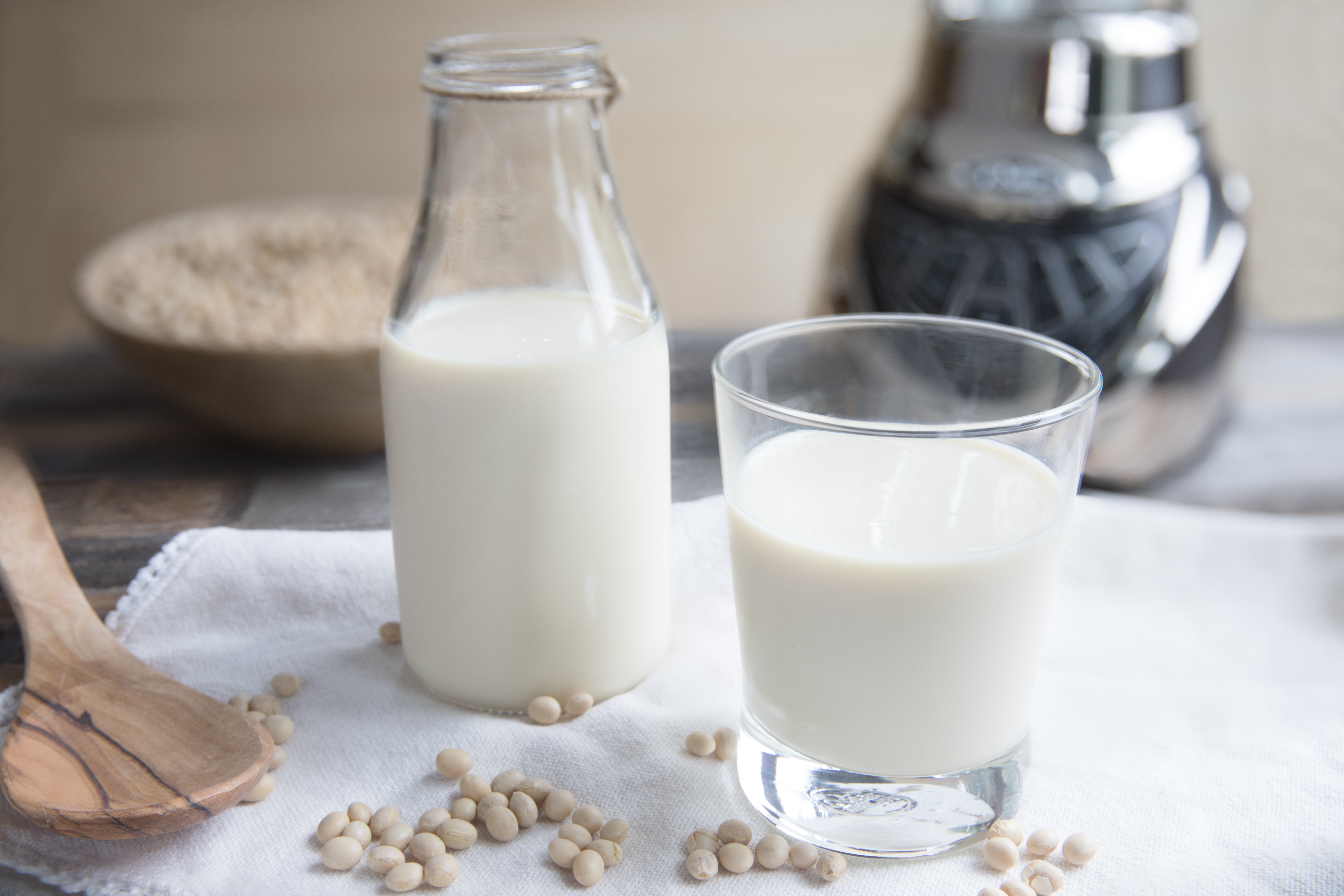
- Flavor Compatibility: Soy milk has a distinctive taste that may not be suitable for all recipes or palates. It is best to choose an unsweetened variety for savory dishes and a sweetened or flavored version, like vanilla, for desserts and sweet beverages.
- Heat Stability: Soy milk can curdle when exposed to high temperatures, similar to dairy milk. To prevent this, avoid bringing it to a rapid boil and instead heat it gently. It can be used in cooking and baking, though it may alter the texture slightly due to its different protein structure.
- Nutrition: Soy milk is often fortified with vitamins and minerals, including calcium and vitamin D, to match the nutritional profile of cow’s milk. It is a good source of protein but check the label for added sugars in flavored varieties.
- Coffee and Tea: For hot drinks like coffee and tea, soy milk can sometimes curdle due to the acidity of the beverage. To minimize this, warm the soy milk first and then slowly add it to the hot beverage. Some brands offer “barista” versions specifically formulated to work well in coffee.
- Cereals and Smoothies: Soy milk can be poured over cereal or used in smoothies just as you would use dairy milk.
- Substitutions in Recipes: In baking and cooking, soy milk can usually be substituted for dairy milk cup-for-cup. However, because it doesn’t have the same fat content, it may affect the richness and texture of the final product.
- Storage: Unopened shelf-stable soy milk can be kept at room temperature but must be refrigerated once opened and consumed within a specified number of days, usually about 7-10. Refrigerated soy milk should be kept cold and used by the expiration date on the package.
- Homemade Soy Milk: You can also make soy milk at home by soaking, blending, and straining dried soybeans. The resulting liquid can be used fresh or cooked for a smoother flavor.
How does soy milk taste?
